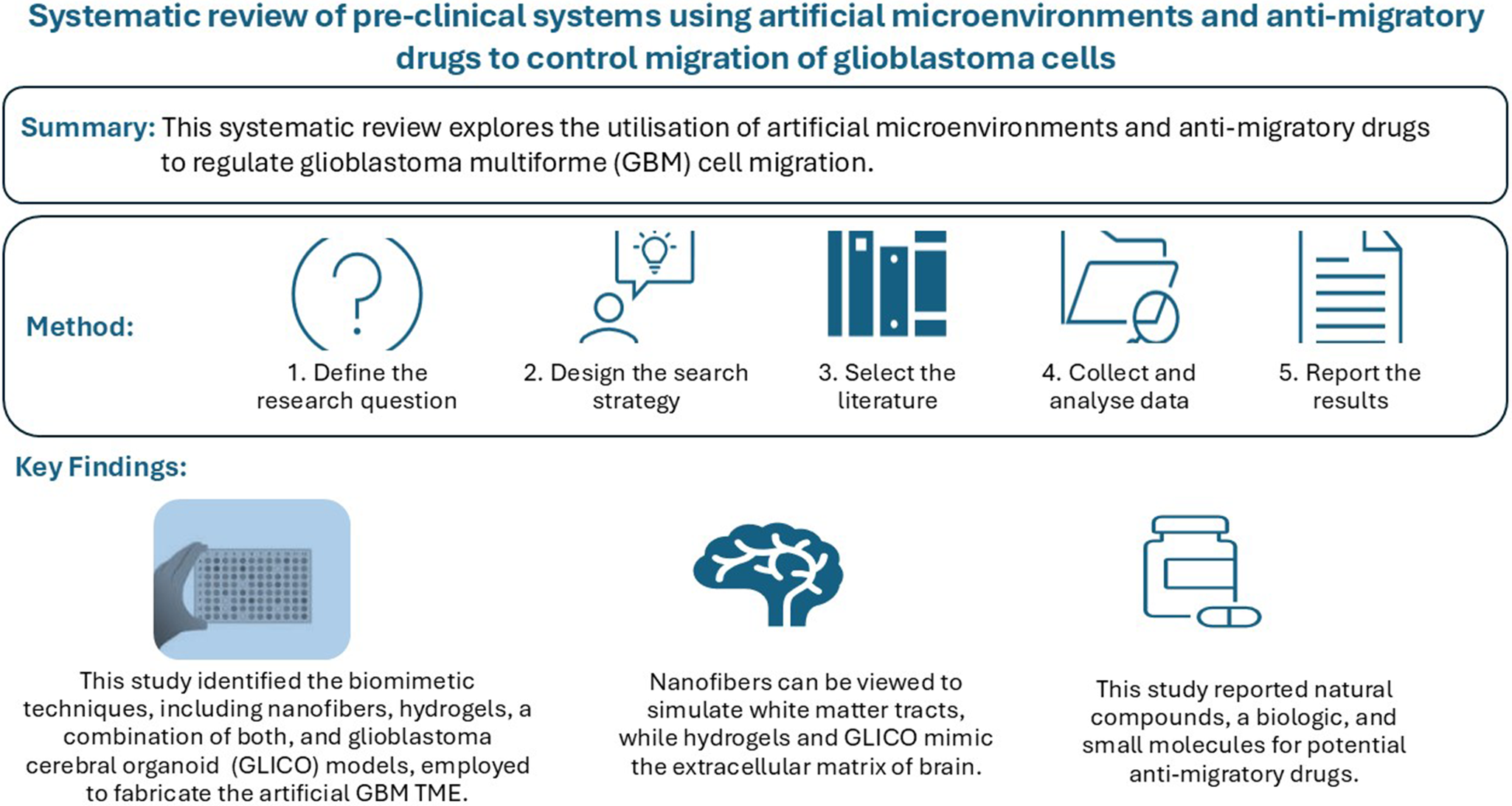Refine listing
Actions for selected content:
Contents
Review
Advancing insights into virus-induced neurodevelopmental disorders through human brain organoid modelling
-
- Published online by Cambridge University Press:
- 26 November 2024, e1
-
- Article
-
- You have access
- Open access
- HTML
- Export citation
Exercise Mediates Noncoding RNAs in Cardiovascular Diseases: Pathophysiological Roles and Clinical Application
-
- Published online by Cambridge University Press:
- 21 November 2024, e2
-
- Article
-
- You have access
- Open access
- HTML
- Export citation
Chemokines Signature and T Cell Dynamics in Leishmaniasis: Molecular Insight and Therapeutic Application
- Part of:
-
- Published online by Cambridge University Press:
- 26 November 2024, e3
-
- Article
-
- You have access
- Open access
- HTML
- Export citation
MAN2B1 in immune system-related diseases, neurodegenerative disorders and cancers: functions beyond α-mannosidosis
-
- Published online by Cambridge University Press:
- 04 December 2024, e4
-
- Article
-
- You have access
- Open access
- HTML
- Export citation
Adenosinergic Signalling in Cervical Cancer Microenvironment
-
- Published online by Cambridge University Press:
- 07 January 2025, e5
-
- Article
-
- You have access
- Open access
- HTML
- Export citation
Systematic Review of Pre-Clinical Systems Using Artificial Microenvironments and Anti-Migratory Drugs to Control Migration of Glioblastoma Cells
-
- Published online by Cambridge University Press:
- 23 January 2025, e6
-
- Article
-
- You have access
- Open access
- HTML
- Export citation
Understanding Sex-biases in Kinetoplastid Infections: Leishmaniasis and Trypanosomiasis
- Part of:
-
- Published online by Cambridge University Press:
- 09 January 2025, e7
-
- Article
-
- You have access
- Open access
- HTML
- Export citation
Exploring the Antifibrotic Mechanisms of Ghrelin: Modulating TGF-β Signalling in Organ Fibrosis
-
- Published online by Cambridge University Press:
- 21 November 2024, e8
-
- Article
-
- You have access
- Open access
- HTML
- Export citation
Overview of the cellular and immune mechanisms involved in acute pancreatitis: In search of new prognosis biomarkers
-
- Published online by Cambridge University Press:
- 06 January 2025, e9
-
- Article
-
- You have access
- Open access
- HTML
- Export citation
Lactylation and human disease
-
- Published online by Cambridge University Press:
- 03 February 2025, e10
-
- Article
-
- You have access
- Open access
- HTML
- Export citation
Review of microRNA detection workflows from liquid biopsy for disease diagnostics
-
- Published online by Cambridge University Press:
- 06 February 2025, e11
-
- Article
-
- You have access
- Open access
- HTML
- Export citation
Developing a potent vaccine against Helicobacter pylori: critical considerations and challenges
-
- Published online by Cambridge University Press:
- 25 November 2024, e12
-
- Article
-
- You have access
- Open access
- HTML
- Export citation
Novel Approach Methodologies in Modeling Complex Bioaerosol Exposure in Asthma and Allergic Rhinitis Under Climate Change
-
- Published online by Cambridge University Press:
- 12 March 2025, e13
-
- Article
-
- You have access
- Open access
- HTML
- Export citation
Exploring organoid and assembloid technologies: a focus on retina and brain
-
- Published online by Cambridge University Press:
- 27 March 2025, e14
-
- Article
-
- You have access
- Open access
- HTML
- Export citation
Plant-derived products as anti-leishmanials which target mitochondria: a review
- Part of:
-
- Published online by Cambridge University Press:
- 26 March 2025, e15
-
- Article
-
- You have access
- Open access
- HTML
- Export citation
Advancing CRISPR genome editing into gene therapy clinical trials: progress and future prospects
-
- Published online by Cambridge University Press:
- 31 March 2025, e16
-
- Article
-
- You have access
- Open access
- HTML
- Export citation
Retinoic Acid-Induced 1 Gene and Neuropsychiatric Diseases: A Systematic Review
-
- Published online by Cambridge University Press:
- 29 May 2025, e17
-
- Article
-
- You have access
- Open access
- HTML
- Export citation
Unveiling the Therapeutic Potential: Targeting Fibroblast-like Synoviocytes in Rheumatoid Arthritis
-
- Published online by Cambridge University Press:
- 05 June 2025, e18
-
- Article
-
- You have access
- Open access
- HTML
- Export citation
Review
Chemically modified non-coding RNAs in cancer
-
- Published online by Cambridge University Press:
- 09 June 2025, e19
-
- Article
-
- You have access
- Open access
- HTML
- Export citation
Review
Liquid Biopsy-Based DNA Methylation Biomarkers for Precision Medicine in Breast Cancer
-
- Published online by Cambridge University Press:
- 17 June 2025, e20
-
- Article
-
- You have access
- Open access
- HTML
- Export citation
